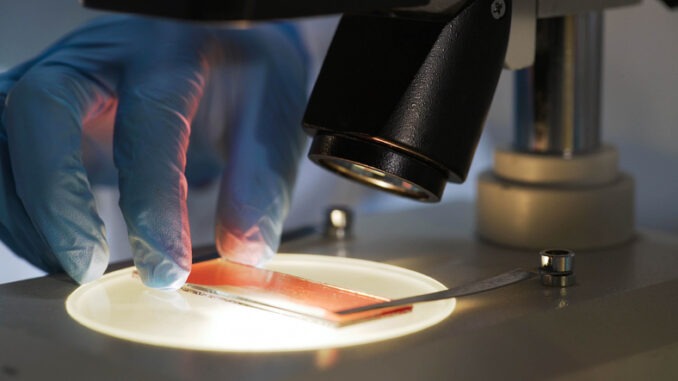
As reported by the BBC, there is a ‘moral case’ for compensation to be paid to people affected by the contaminated blood scandal, the government has said
But Paymaster general Jeremy Quin told MPs he could not commit to a timetable.
In August, the government announced that 4,000 UK victims would receive interim payments of £100,000.
Tens of thousands of people contracted HIV or hepatitis C in the 1970s and 80s after being given infected blood. More than 1,800 have died as a result, but the figure could be significantly higher.
In September, modelling by a group of academics commissioned by the public inquiry estimated that 26,800 people were infected after being given contaminated transfusions between 1970 and 1991.
The study calculated that 1,820 of those died as a result, but that the number could be as high as 3,320.
The inquiry, chaired by retired High Court judge Sir Brian Langstaff, began taking evidence in 2018.
The interim compensation announcement in August came after Sir Brian argued there was a compelling case to make payments quickly – saying victims were on borrowed time because of their failing health.
Payments have been made to those whose health is failing after developing hepatitis C and HIV, and partners of people who have died.
But families have complained that many people affected, such as bereaved parents, missed out.
In a commons statement on Thursday, Mr Quin said ministers accepted there was a “moral case for the payment of compensation”.
“We made that clear in our actions with the payment of interim compensation, I now want to make it equally clear on the floor of this House,” he said.
He added that the scheme being developed must be “as user friendly, supportive and as free of stress as possible, whilst being consistent with the government’s approach to protecting against fraud”.
Mr Quin said he recognised that time was “of the essence” and “that it is incredibly important, given all that has happened to this community, that trust is built and retained”.



Be the first to comment